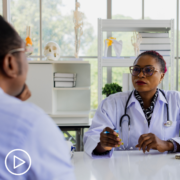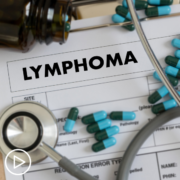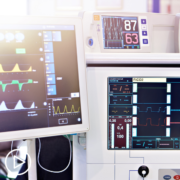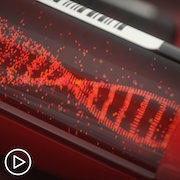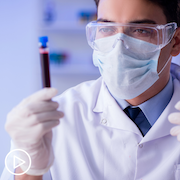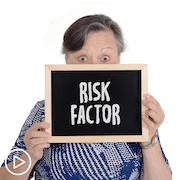How Is CAR T-Cell Therapy Research Advancing Myeloma Care?
How Is CAR T-Cell Therapy Research Advancing Myeloma Care? from Patient Empowerment Network on Vimeo.
What progress is being made in furthering advancing CAR T-cell therapy for myeloma? Dr. Krina Patel discusses the manufacturing process for CAR T-cells, research updates for manufacturing CAR T-cells faster, and the benefits of bridging therapy for some patients.
Dr. Krina Patel is an Associate Professor in the Department of Lymphoma/Myeloma at The University of Texas MD Anderson Cancer Center in Houston, Texas. Dr. Patel is involved in research and cares for patients with multiple myeloma.
Related Resources:
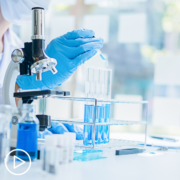
How Can Myeloma Patients Access CAR T-Cell Therapy Clinical Trials? |

Will CAR T-Cell Therapy Be Approved for Earlier Lines of Myeloma Treatment? |

|
Transcript:
Katherine:
Are there other advances in CAR T-cell therapy that patients should know about?
Dr. Krina Patel:
Yeah, so I think part of the issue right now is manufacturing and how long it takes for patients to get those cells. So, we use it to our advantage in the sense that earlier-line patients will have bridging therapy that we can give them while we’ve collected their cells and they’re being made; it takes are 4 to 6 weeks, or even eight weeks sometimes that we can give them a therapy that can knock their myeloma down before they get the CAR T.
And again, this is really important that we have options available. So, in fifth-line we don’t have very many options available. So, a lot of my patients, we really are just struggling to keep the myeloma controlled, try to bring it down before they get their CAR T. We’re hoping that that CAR T comes in any day.
When it goes earlier, I’m hopeful that now we’ll have options to actually bridge patients better because we’ll have more therapies they haven’t had. And the reason that bridging is so important is it really does decrease toxicity, some of the serious toxicity with see with CAR T; significantly decreases it.
And the efficacy. We see patients will do much better for longer if they have less myeloma going in than lot of myeloma going in. And so, again, I think because of that time, if we could get those cells earlier, that just makes it so much easier for all our patients to make sure that they’re able to get the cells. So, there’s quite a few different trials looking at fast CAR T production.
And so, there’s the PH383, I think. I can’t remember the number exactly. But this is one of the studies that was happening at Dana-Farber, and Dr. Sperling has presented couple time. The cells are made within just 24, 48 hours. And then, they actually go in and as they’re killing the myeloma, they grow.
So, they grow inside the body which is really, really, I think, a interesting way to develop CAR Ts for the future, make it more applicable and accessible. And then, there’s other companies in China. There’s the FasT CAR, which is a CD-19 plus BCMA, so two targets. But again, they can make their CAR Ts within a week.
And in the end, you have to still do quality checks for the FDA, which still take two weeks. So, it always will still be a few weeks, but still, the faster you can make those CAR’s, the more likely our patients are gonna be able to get it. And then, I think the combination studies. Again, there’s gonna be studies with different targets. So, there’s two CAR Ts, again, GPRC5D, that are going to be tested in the U.S.
A phase two study. And then, also another phase one study. And then, the phase two study, that GPRC5D CAR T is going to have combination studies coming out very, very soon. Actually, it’s already open in some places, and more places that are opening soon.
So, I think, yes, a lot’s going on again with new antigens and combinations.


